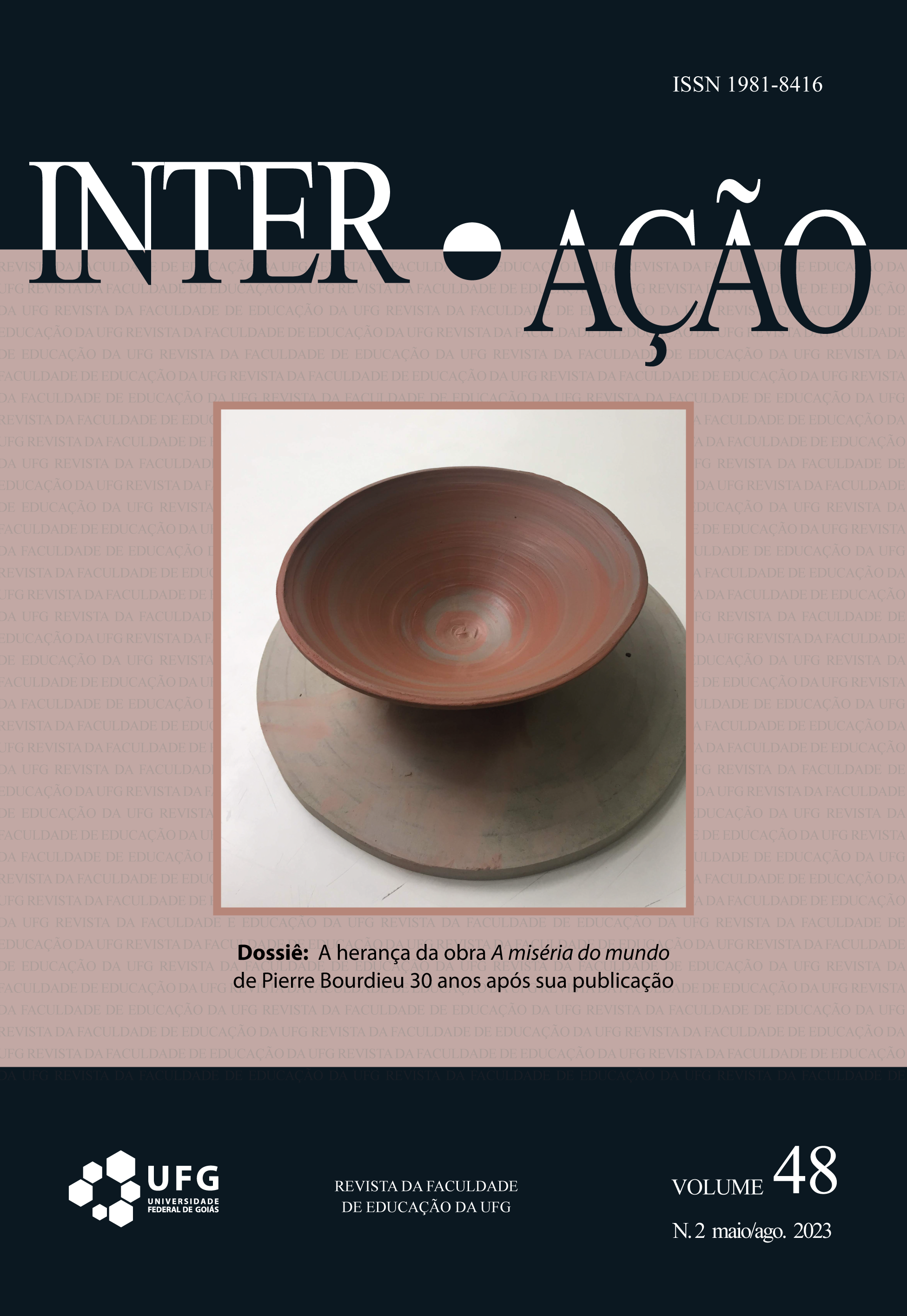Vol. 48 No. 2 (2023): The legacy of Pierre Bourdieu's The misery of the world 30 years after its publication

In November 1989, Michel Rocard, then Prime Minister in the government of François Miterrand (1981-1995), said that France could no longer "receive all the misery of the world"1. There were strong political tensions in the political debates on the reception of immigrants in the country. A few years after this speech, in 1993, Bourdieu, a sociologist still little known to the general public, stated that "France has become a constellation of closed microcosms, in which everyone ruminates on their misery. It was in this context that, in March 1993, "(...) a few weeks before the French legislative elections, La Misère du monde was published, a collective undertaking explicitly conceived by Bourdieu as an intervention in the political field" (CHAMPAGNE, 2017, p. 271). This book of almost a thousand pages, continues the author, containing more than 60 interviews conducted in environments where suffering prevails, proposes to give a voice to those who are not heard in the public space, to those who are portrayed through the diffuse filter of the media or statistical surveys. These interviews reveal the social suffering generated by neoliberalism, often unheard and invisible to political leaders.










